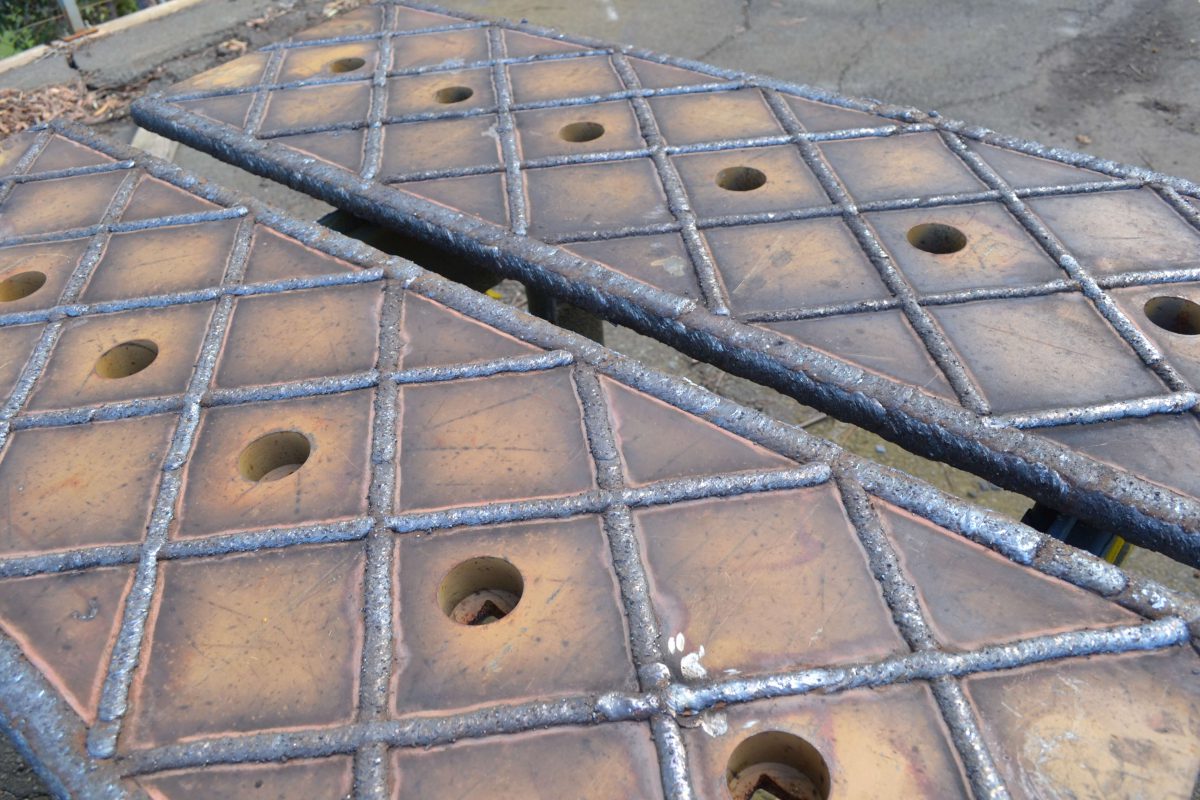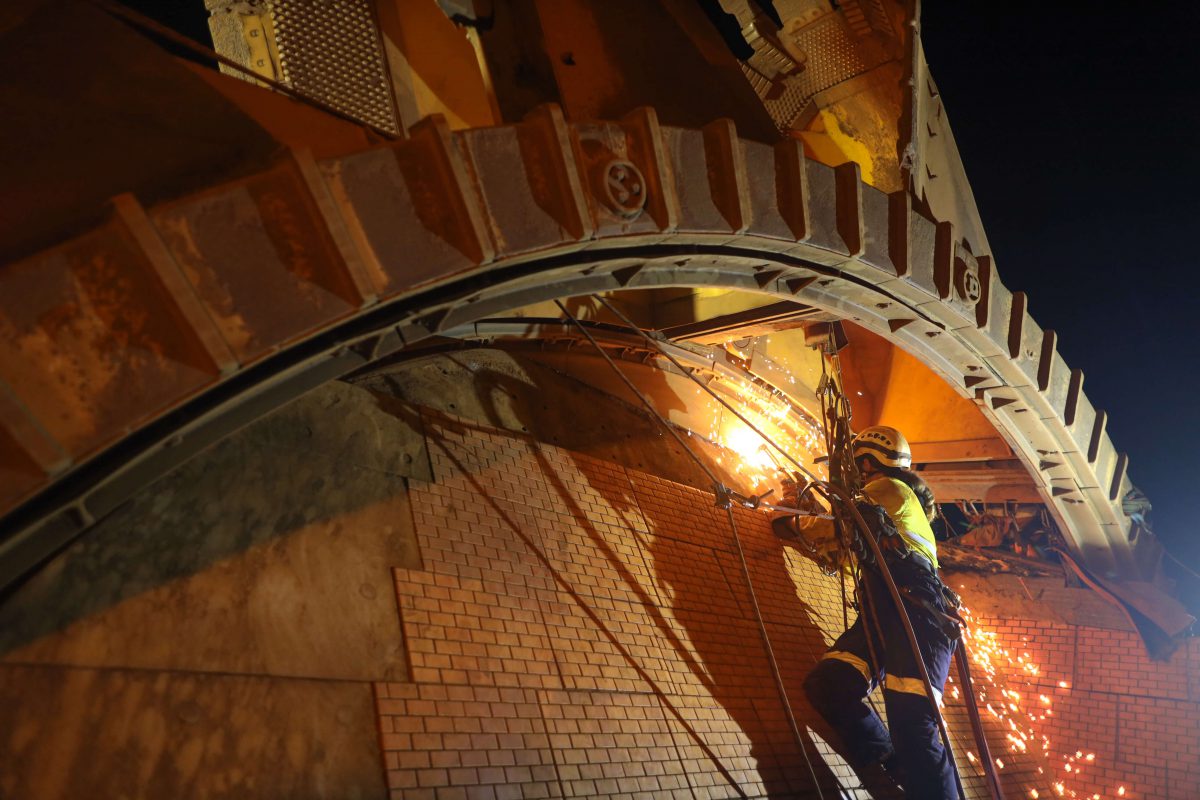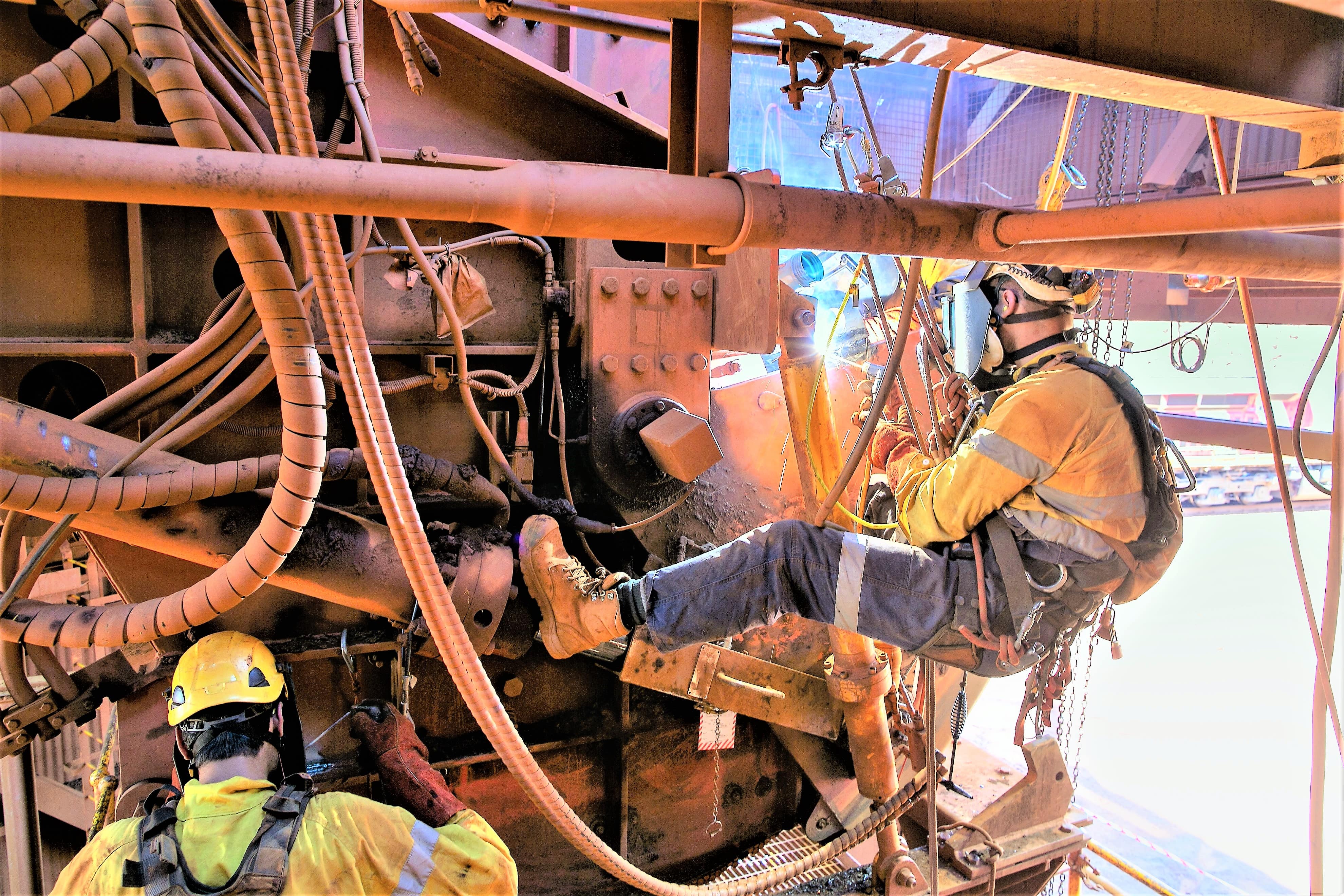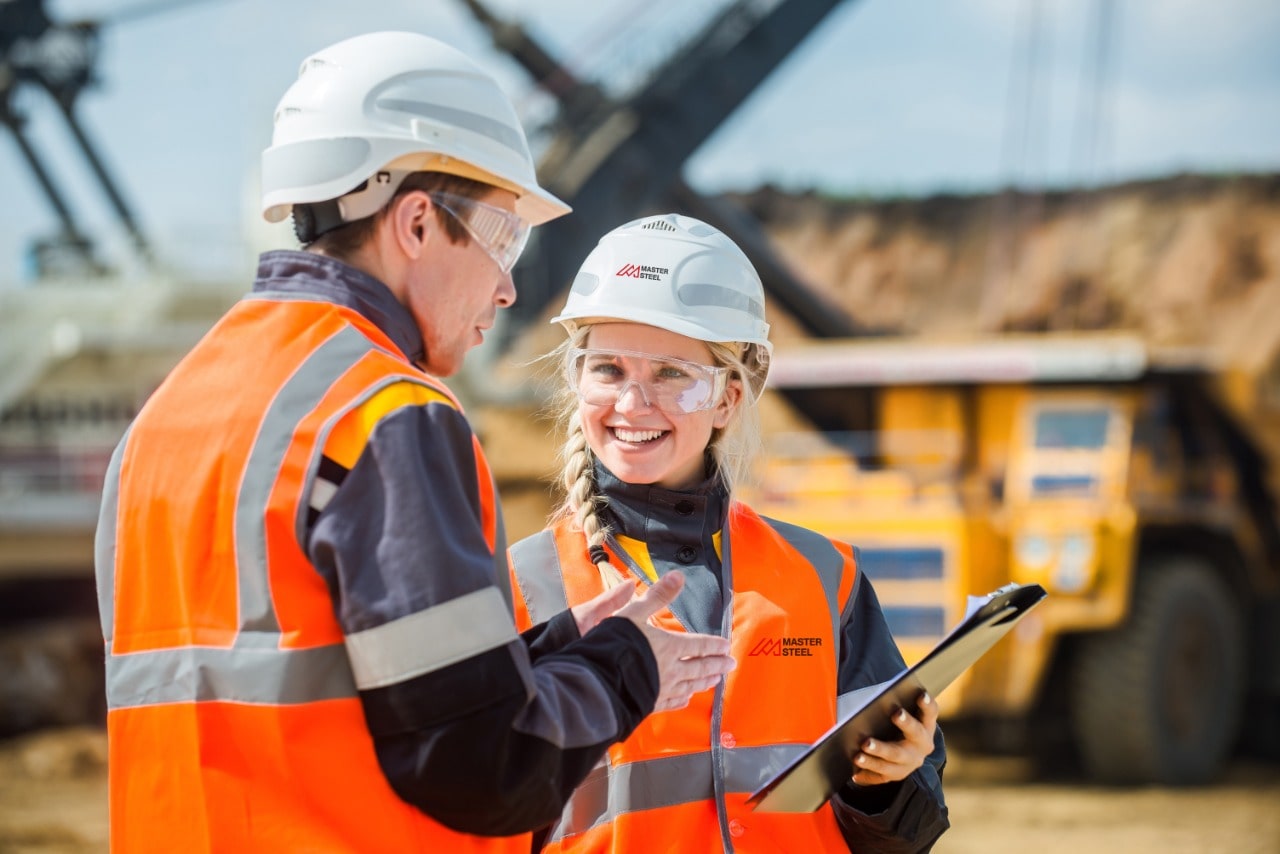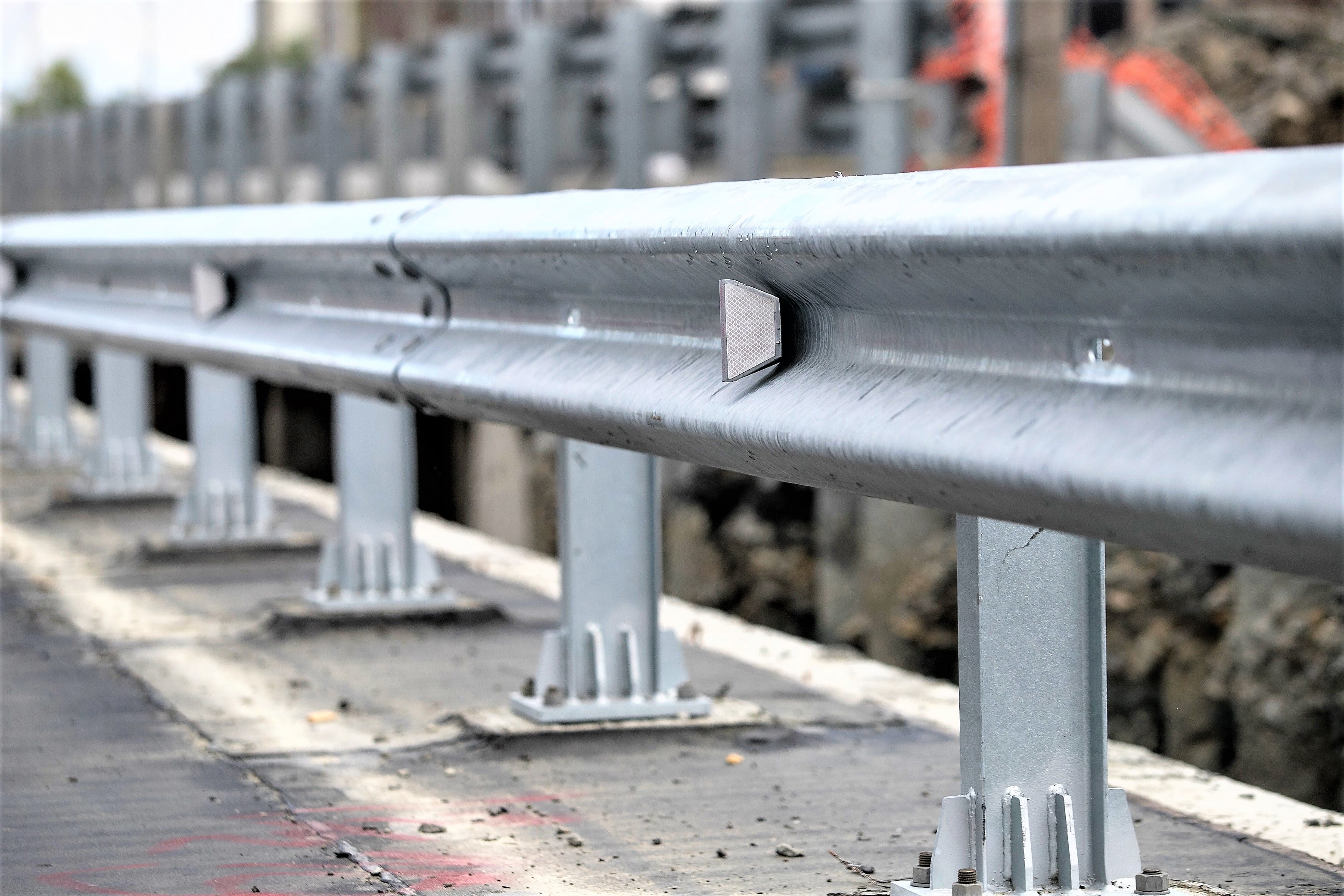Wear Management
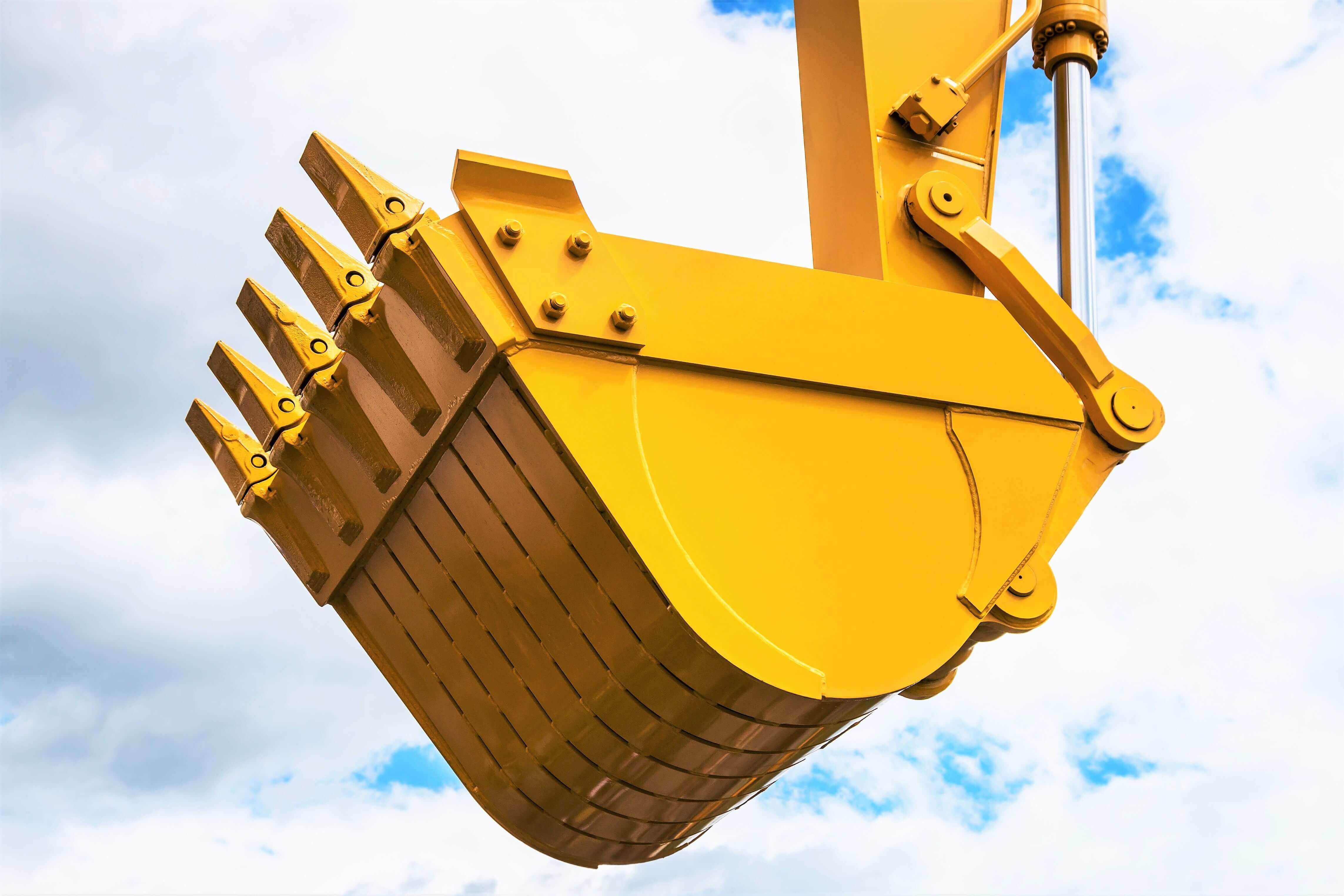
The hardfacing process is able to extend the service life of equipment by up to 800%. Key parts must be “hard-faced” to prevent material loss and significantly reduce wear and tear.
- Extend the life of high wear parts and reduce spare parts inventory
- Increase equipment efficiency and reduce downtime
- Increase productivity and operational profitability
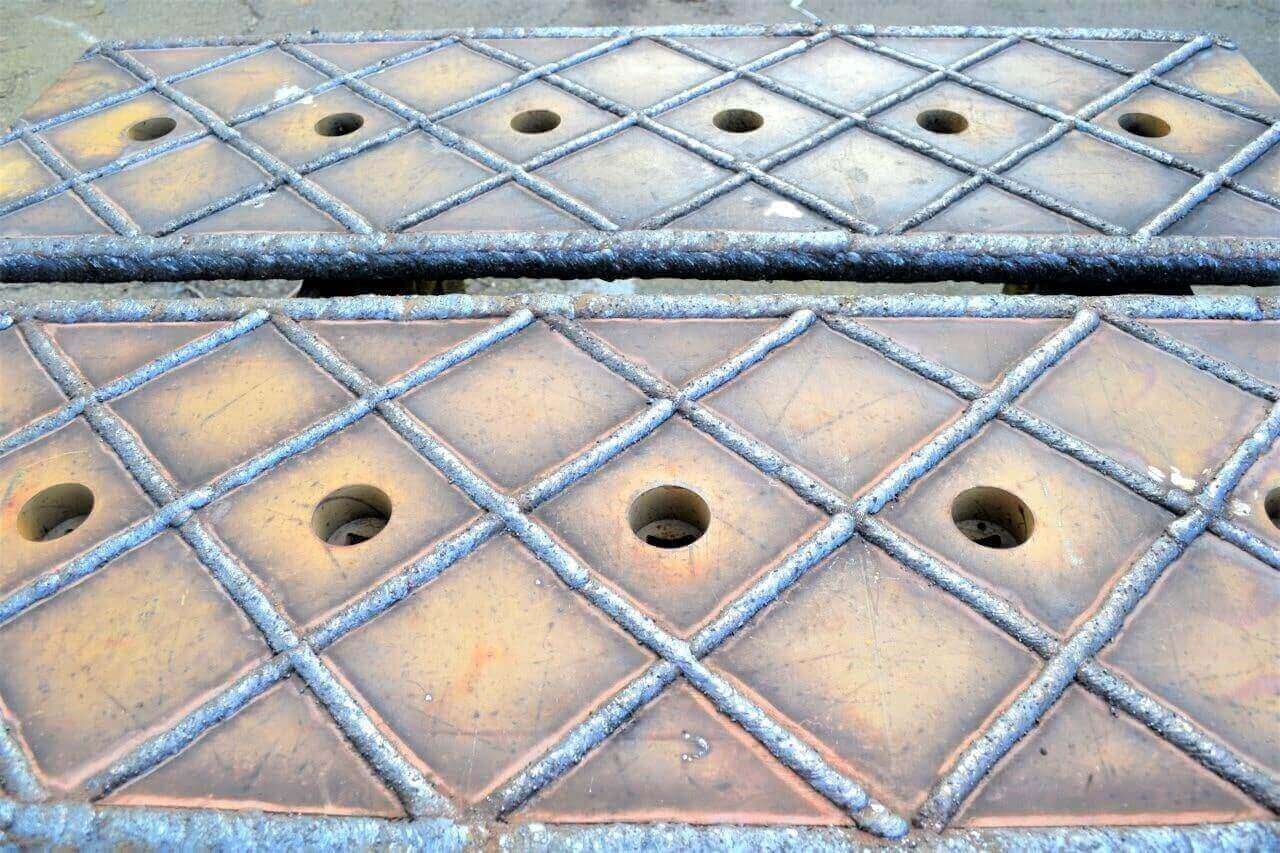
Through our hardfacing service, we enable better wear management practices for the following industries and applications:
- Earthmoving
- Mining
- Demolition
- Materials Processing
- Civil Works
